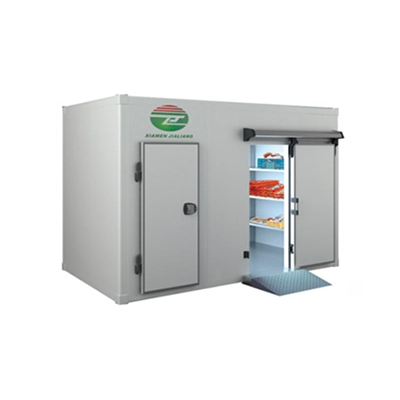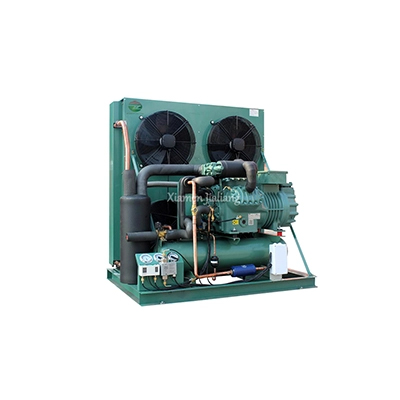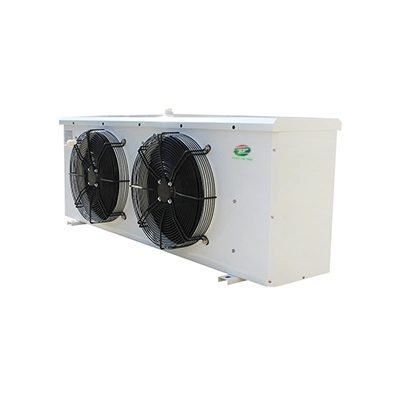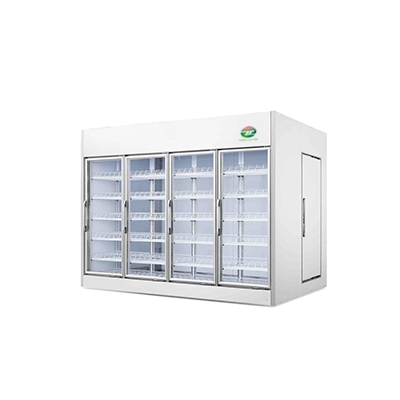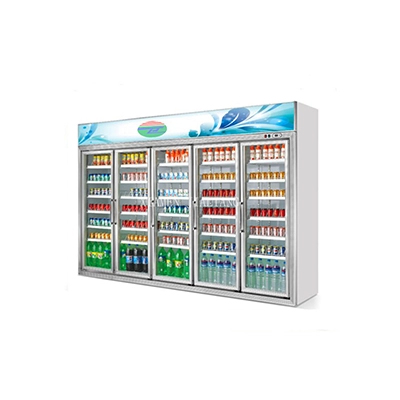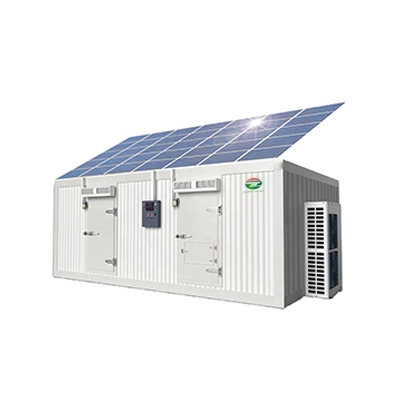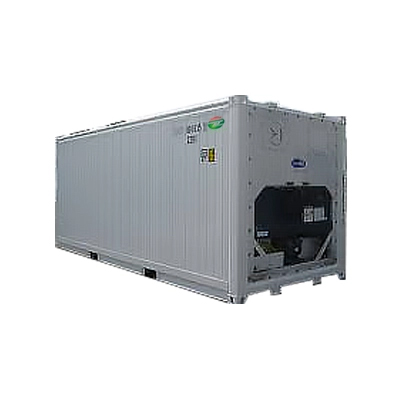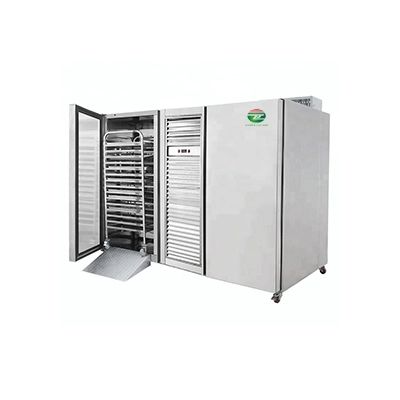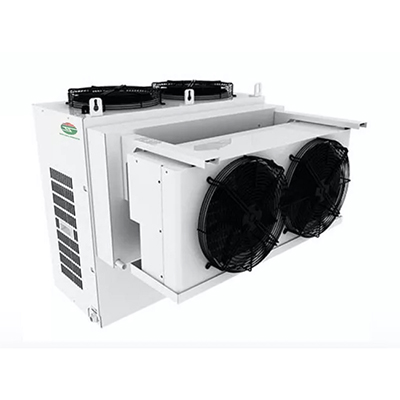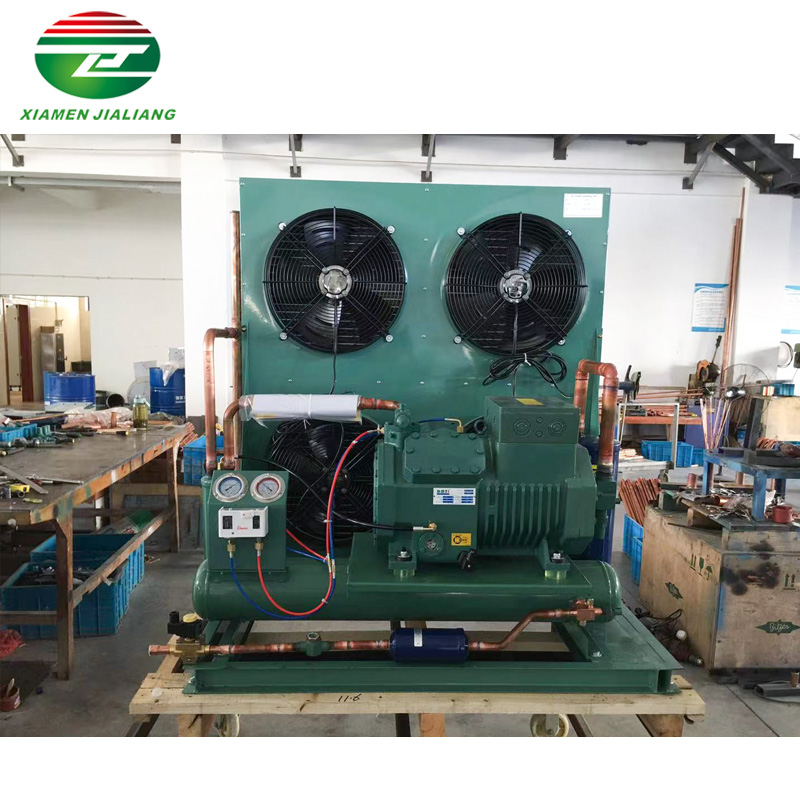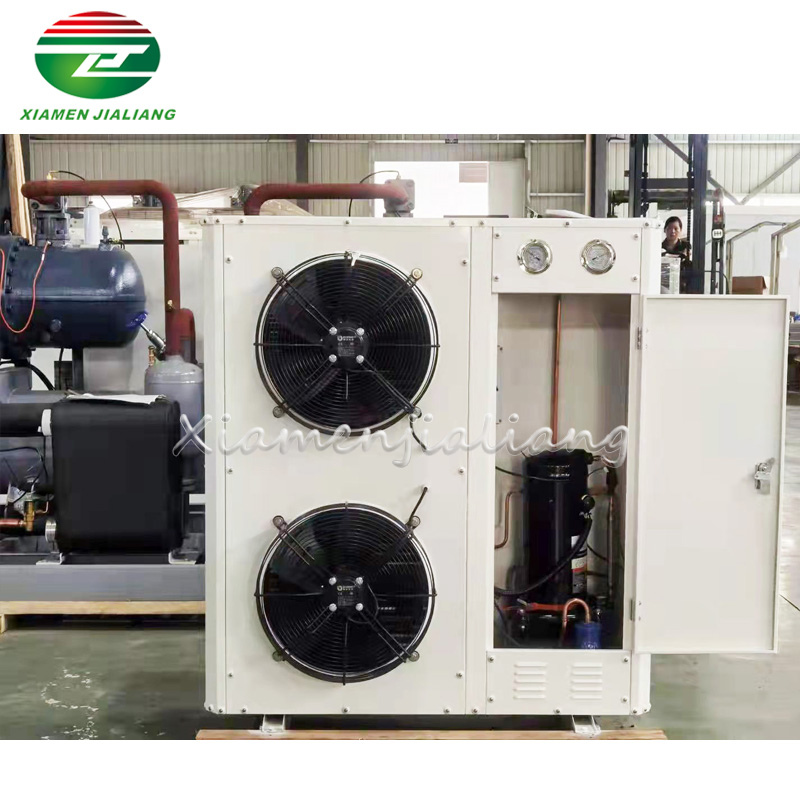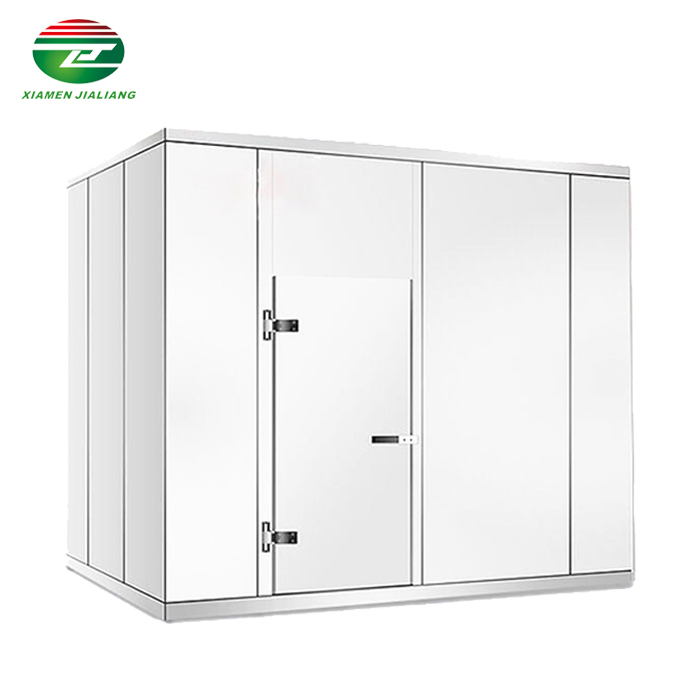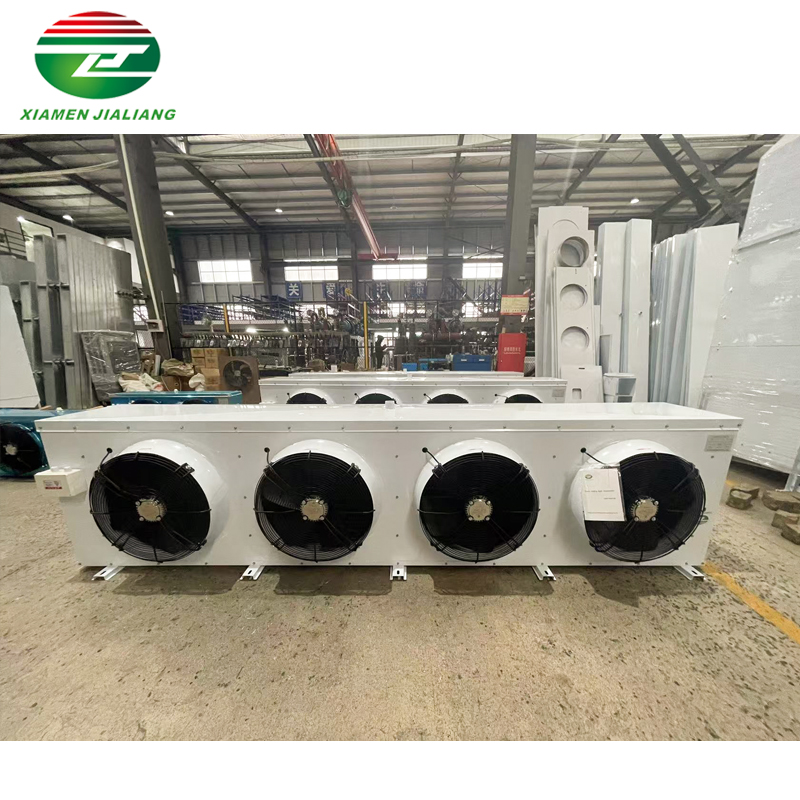Impact of climate change on cold storage: addressing future challenges
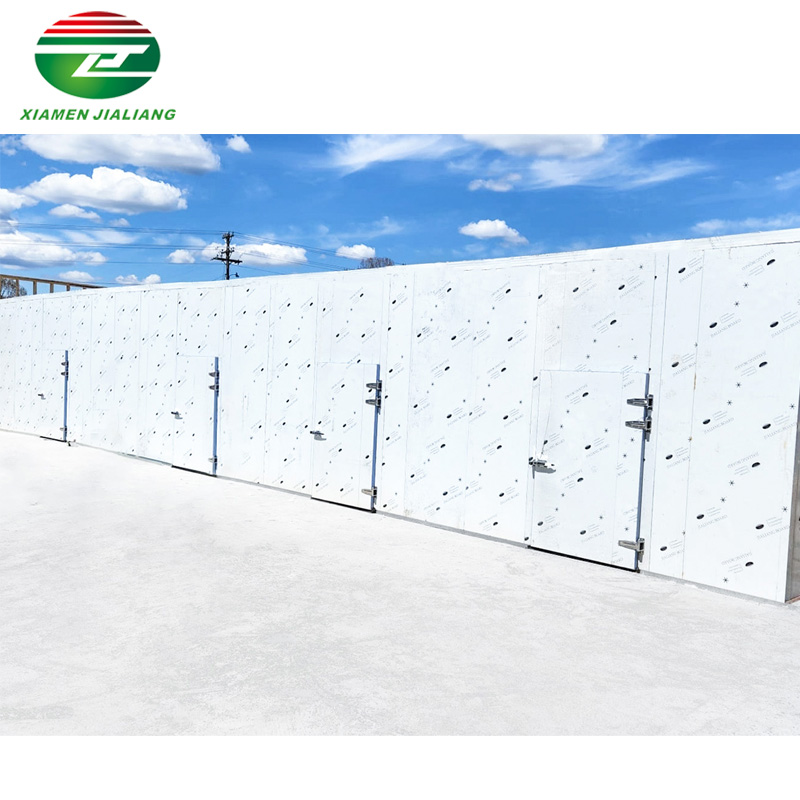
Climate change has become a pressing issue that is impacting various industries across the globe. One such industry that is facing significant challenges is cold storage. The effects of climate change on cold storage facilities are increasingly evident, leading to a need for new strategies and solutions. In this article, we will explore the current challenges faced by cold storage facilities due to climate change and examine the future strategies that can be implemented to address these challenges. As extreme weather events become more frequent and temperatures fluctuate, maintaining the desired temperature and humidity levels in cold storage facilities becomes increasingly difficult. This article aims to shed light on the impact of climate change on cold storage and provide insights into how businesses can adapt to these changes to ensure the preservation of perishable goods.
Current challenges in cold storage due to climate change
One of the most pressing challenges faced by the cold storage industry today is the impact of climate change. As global temperatures continue to rise, the demand for cold storage solutions is increasing. However, this increased demand comes with its own set of challenges.
One of the key challenges is the need for cold rooms that can withstand extreme temperatures. Cold rooms are essential for storing perishable goods such as food, pharmaceuticals, and chemicals. However, with climate change leading to more frequent and intense heatwaves, it becomes crucial to ensure that these cold rooms can maintain the required temperatures even in the face of rising external temperatures.
Another challenge is the need for energy-efficient cold storage solutions. As the demand for cold storage increases, so does the energy consumption associated with it. This not only has environmental implications but also adds to the operating costs for businesses. Therefore, finding ways to optimize energy usage and reduce carbon emissions becomes imperative.
Additionally, climate change also brings about changes in weather patterns, including more frequent extreme weather events such as hurricanes and floods. These events can disrupt supply chains and damage cold storage facilities, leading to significant losses. Ensuring the resilience of cold storage infrastructure becomes crucial to minimize the impact of such events.
Furthermore, climate change also affects the availability and quality of raw materials used in cold storage construction. For example, the availability of insulating materials such as polyurethane foam, which is commonly used in cold room construction, may be impacted by changes in the availability of raw materials due to climate change. This can further increase the costs of cold storage construction and maintenance.
Future strategies to address climate change challenges in cold storage
Climate change poses significant challenges for cold storage facilities. As global temperatures continue to rise, it becomes imperative for these facilities to adopt future strategies that address the impact of climate change on their operations. One such strategy is the implementation of energy-efficient technologies in cold rooms.
Cold rooms are an integral part of any cold storage facility, providing ideal conditions for preserving perishable goods. However, traditional cold rooms consume large amounts of energy, contributing to greenhouse gas emissions. To mitigate this, the industry is now focusing on developing sustainable alternatives that reduce energy consumption while maintaining optimal storage conditions.
One future strategy to address climate change challenges in cold storage is the use of advanced insulation materials. These materials have superior thermal properties, minimizing heat transfer and reducing the need for excessive cooling. By improving insulation, cold rooms can maintain lower temperatures more efficiently, resulting in significant energy savings.
Additionally, the integration of renewable energy sources can further enhance the sustainability of cold storage facilities. Solar panels, for instance, can generate electricity to power the cooling systems, reducing reliance on fossil fuels. By harnessing renewable energy, cold storage facilities can drastically reduce their carbon footprint and contribute to a greener future.
Another crucial aspect of future strategies is the implementation of smart technologies. Internet of Things (IoT) devices and sensors can monitor temperature, humidity, and energy consumption in real-time. This data can be analyzed to optimize cold room operations, ensuring that energy is used efficiently and wastage is minimized. Smart technologies also enable predictive maintenance, identifying potential issues before they escalate and ensuring uninterrupted operation.
Furthermore, cold storage facilities can explore novel cooling technologies such as cryogenic refrigeration systems. These systems utilize liquefied gases like nitrogen or carbon dioxide to achieve ultra-low temperatures. Cryogenic refrigeration not only provides precise temperature control but also eliminates the need for traditional refrigerants with high global warming potential.
Conclusion
The article emphasizes the significant challenges that climate change poses to the cold storage industry. It highlights the need for temperature-resistant cold rooms, energy-efficient solutions, and resilient infrastructure to mitigate the impact of climate change. The industry must adapt by investing in sustainable practices to meet the growing demand while minimizing its ecological footprint. To address these challenges, the adoption of future strategies that prioritize sustainability and energy efficiency is crucial. The article suggests using advanced insulation materials, integrating renewable energy sources, implementing smart technologies, and exploring novel cooling technologies to reduce the environmental impact of cold storage facilities. Embracing these strategies will contribute to a more sustainable future for the industry.

